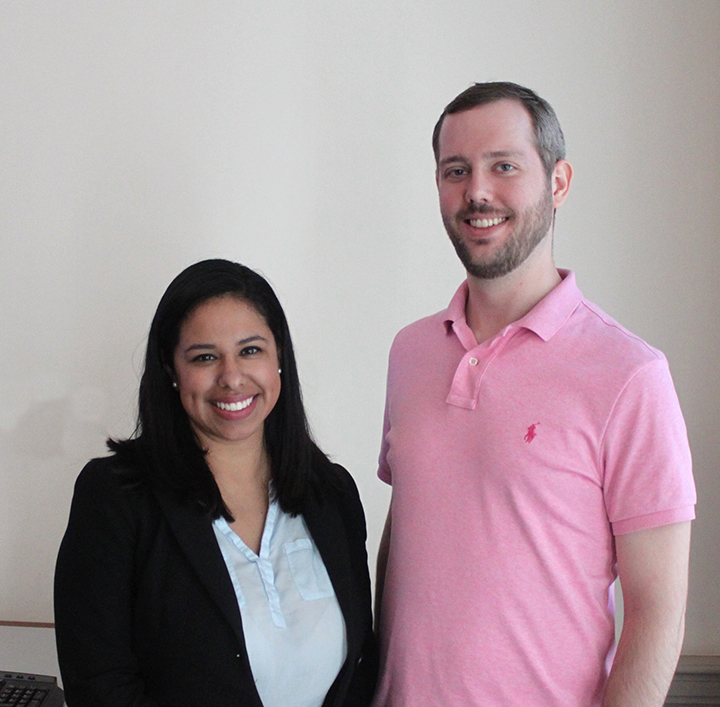Adilene Rosales (3L) delivered the first Student Scholars Series lecture of the semester on January 25. Rosales' scholarship, "Sentenced to Life in a Foreign Country: Distinguishing Between Aggravated Felon, Significant Misdemeanants, and Innocent Immigrants," examined the implementation of the Deferred Action for Childhood Arrivals (DACA) program through a series of memoranda issued by the Secretary of the Department of Homeland Security.
Rosales explained that the 2014 memorandum entitled "Policies for the Apprehension, Detention, and Removal of Undocumented Immigrants," sets out three priority levels for civil immigration enforcement, including priority levels for the removal of individuals who have been convicted of an aggravated felony or significant misdemeanor. She analyzed the evolution of the terms "aggravated felony" and "significant misdemeanor."
"The purpose of the aggravated felony was to deport dangerous criminals from the United States, but is it really having its intended effect? The aggravated felony is a misnomer because offenses defended as such include those that are neither aggravated nor felonies," Rosales said.
Rosales proposed that Congress consider legislation to reform the meaning of each term and the Judiciary and Executive branches should take action to minimize the drastic consequences of these convictions. She argued that a conviction for an aggravated felony or significant misdemeanor should not be an absolute bar to relief from deportation. Instead, these tools should be used to sort out the dangerous criminals and to consider the equitable circumstances of non-dangerous foreign nationals.
 Current legislative assistant for Congressman Bishop, Julian Johnson (pictured to the left with Rosales), served as the respondent for Rosales' lecture. After the lecture, Rosales took questions from the audience, and students had the opportunity to engage in conversations with faculty and guests.
Current legislative assistant for Congressman Bishop, Julian Johnson (pictured to the left with Rosales), served as the respondent for Rosales' lecture. After the lecture, Rosales took questions from the audience, and students had the opportunity to engage in conversations with faculty and guests.
The Student Scholar Series was founded by CUA Law Professor Harmon in 2009. It was established in order to recognize notable legal scholarship produced by students during the academic year and to foster the practical skills associated with presenting and defending that scholarship in a professional conference-style setting.
